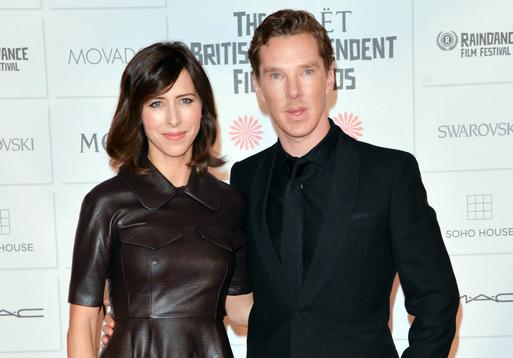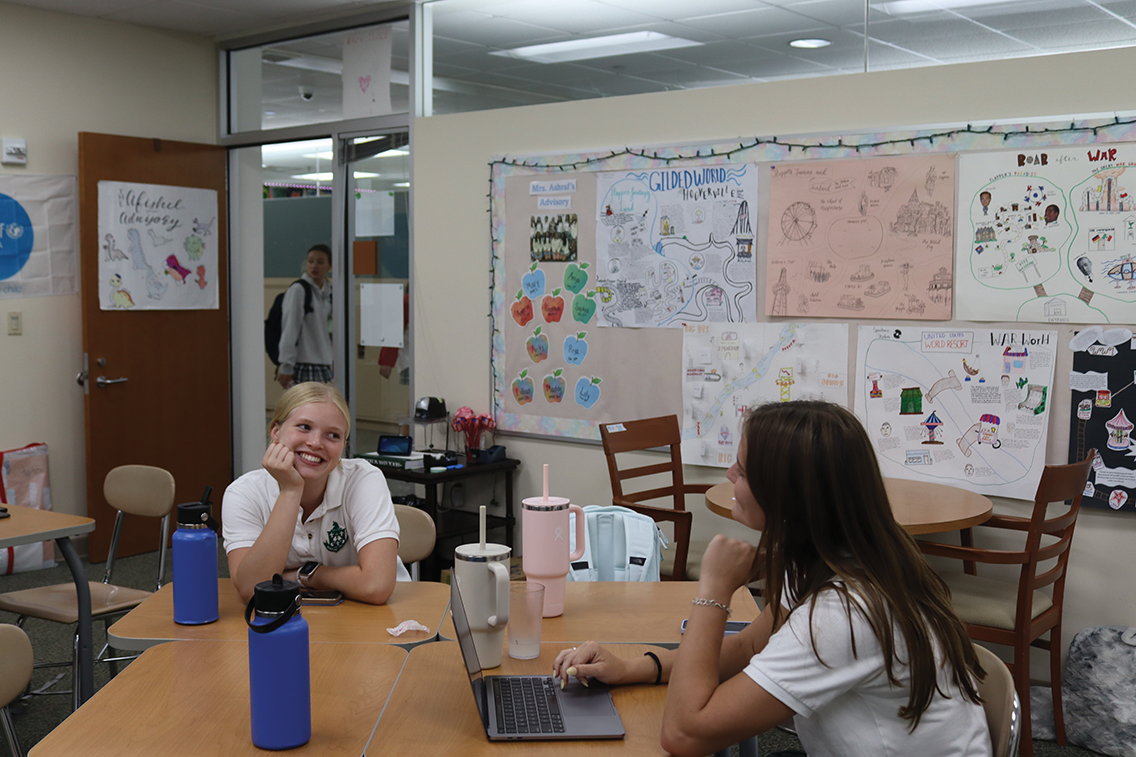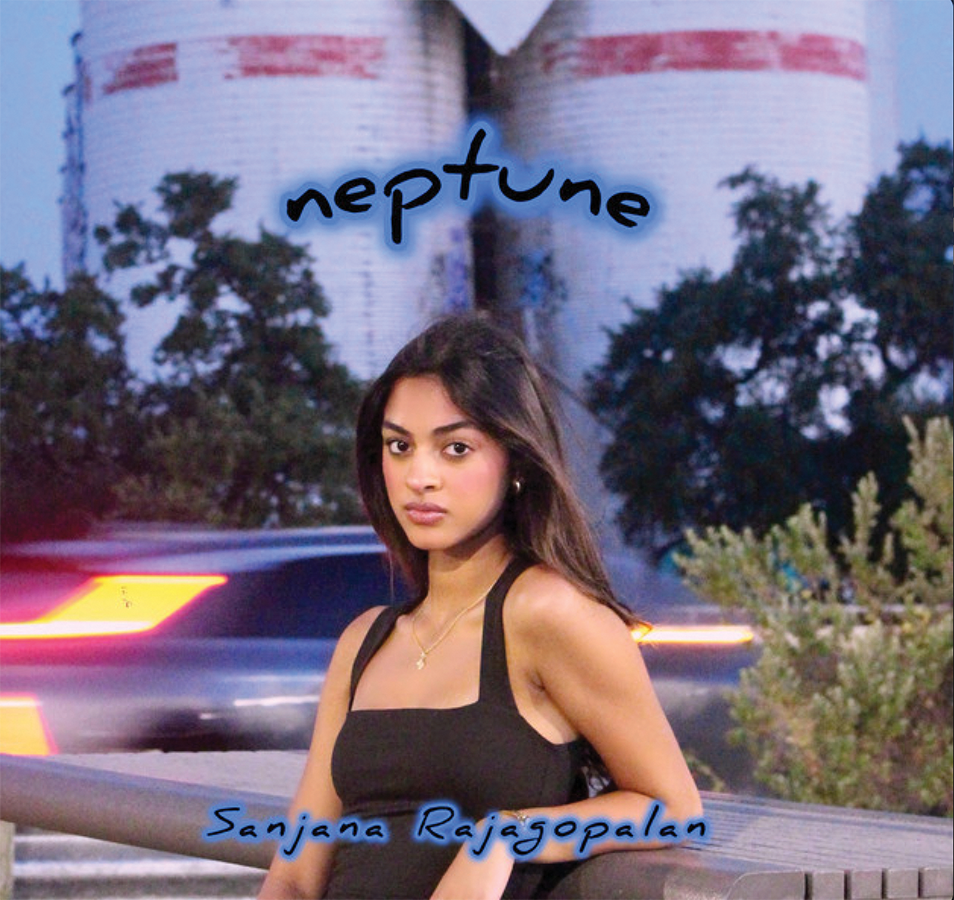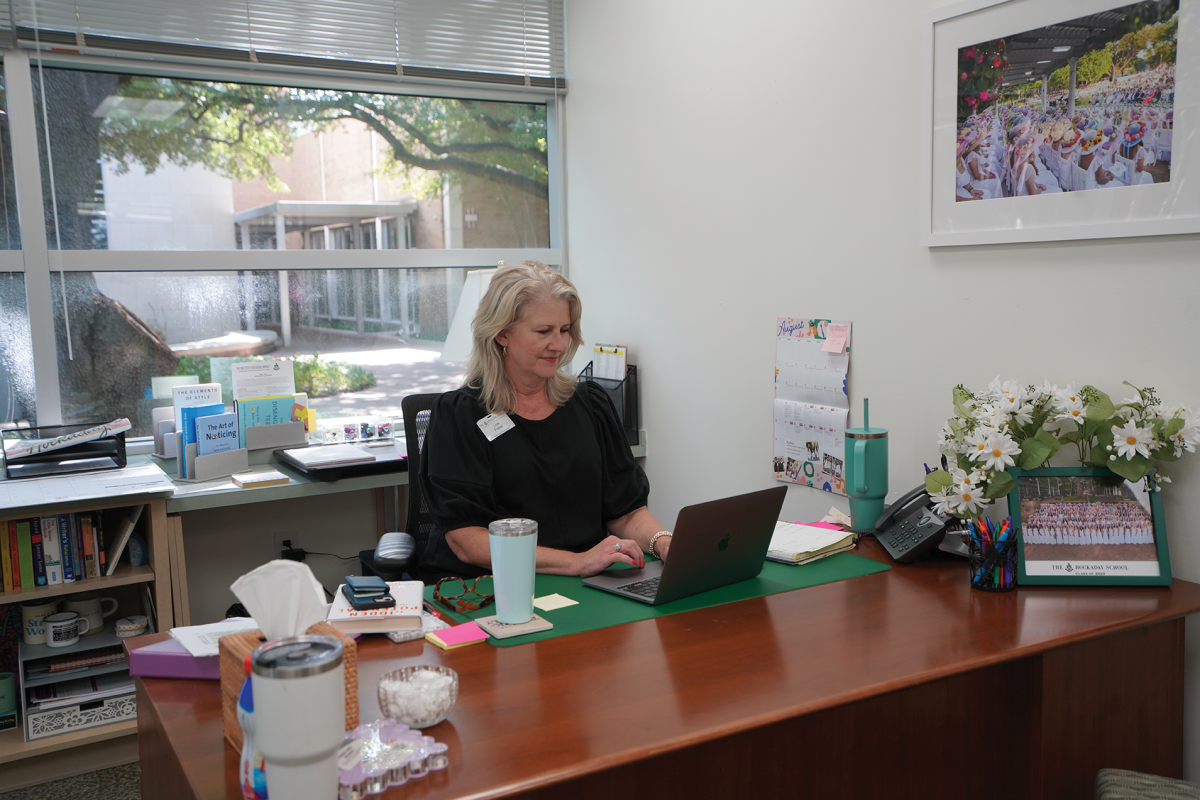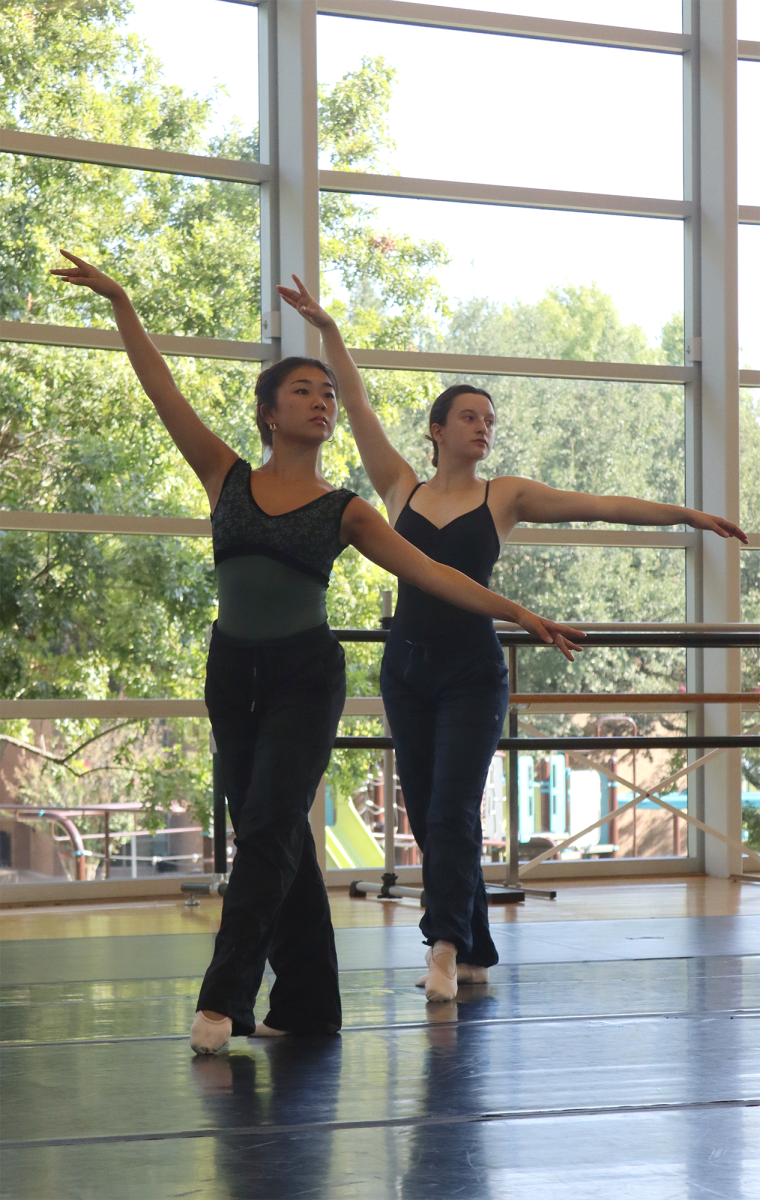Celebrity obsession: We love them, but do they know who we are?
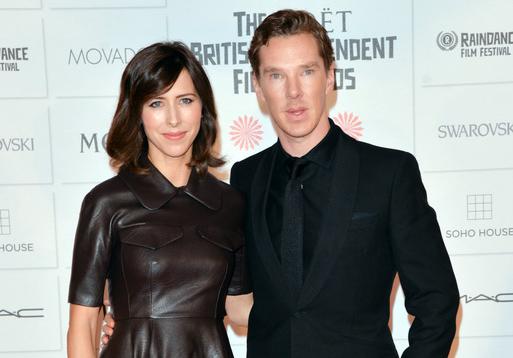
Benedict Cumberbatch, star of the critically acclaimed BBC television series “Sherlock,” as well as 2015 Academy Award nominee for Best Actor, married theater director Sophie Hunter on Valentine’s Day of 2015. But, instead of cheers for the happy couple, his adoring fans around the globe shed tears, begging the question: Why do people feel personally attached to celebrities—especially when they don’t know them personally?
Upper School counselor Dr. Margaret Morse believes that with the rise of social media and celebrity engagement in platforms such as Twitter and Instagram, people can catch a glimpse into their idol’s personal life with just the click of a button. Such daily interactions could give a sense of intimacy.
“When we are constantly seeing someone everyday, even if it’s just on a screen, it’s like they are a part of our lives. When we read a celebrity’s tweets or see an interview, we feel like we’re seeing the real them, as opposed to a character they play in a show,” Morse said.
As an avid fan of Cumberbatch, junior Walker Tindall first became interested in the actor when she saw his performance as the titular character on “Sherlock.” She was drawn to him by his good acting and intelligent, down-to-earth personality.
“It’s kind of weird that we get obsessed with people we don’t even know,” Tindall said. “But once you start to watch someone’s movies or interviews or read things about them, you feel like you know them.”
Tindall suggests that reading news about celebrities could also have something to do with celebrity culture. Reading about celebrities makes people feel invested in those celebrities’ lives, almost as if they’re friends with them. So when something big happens to them, they feel personally affected because it’s like it’s happening to a friend.
But the way the media features celebrities might also contribute to why we feel so close to them.
The way stories are written and celebrities are featured affects the way the public relates to these stars. And often, the headlines used to gain readership make the reader feel like they know intimate details about these personalities.
Zoë Ruderman, features editor of People Magazine, is familiar with the use of keywords to gain readership.
“Whenever we have exclusive content, which is frequently at People, we make sure to tout that word. Exclusive access is a huge part of what the brand offers its readers, and we’ve found that they’re especially compelled to click on a story or buy an issue when people.com or People Magazine is the only place they can get it,” Ruderman said.
However, writers need to have caution when creating headlines; words such as “shocking” and “reveal” are extremely marketable, but if the content is not actually as surprising as proposed, readers can fall prey to false advertising.
Ruderman agrees that social media influences the public’s obsession with the rich and famous.
“Being able to follow Beyoncé on Instagram and see intimate photos from her vacation only gives people the feeling of being even more connected to her. It gives us an inside look at their lives and makes us want more,” Ruderman said.
Being so easily connected to today’s stars puts their lives at a personal, reachable level for their fans, possibly explaining the recent increase in the public’s interest in celebrities. While these connections can manifest themselves as negative emotions, the seemingly personal bond between celebrities and their fans can be expressed positively.
“Being a fan of someone or something is definitely not unhealthy,” Morse said. “Unless you’re truly delusional and think that a celebrity is actually your [soul] mate, then that could be a problem. But everyone has crushes on celebrities. It’s completely normal.”
Tindall herself reacted positively to the announcement of Cumberbatch’s engagement and subsequent marriage.
“I was really happy for him,” she said. “He’s been single for a really long time, and I know he really wants kids. I think he’s going to a be a great future dad.”


